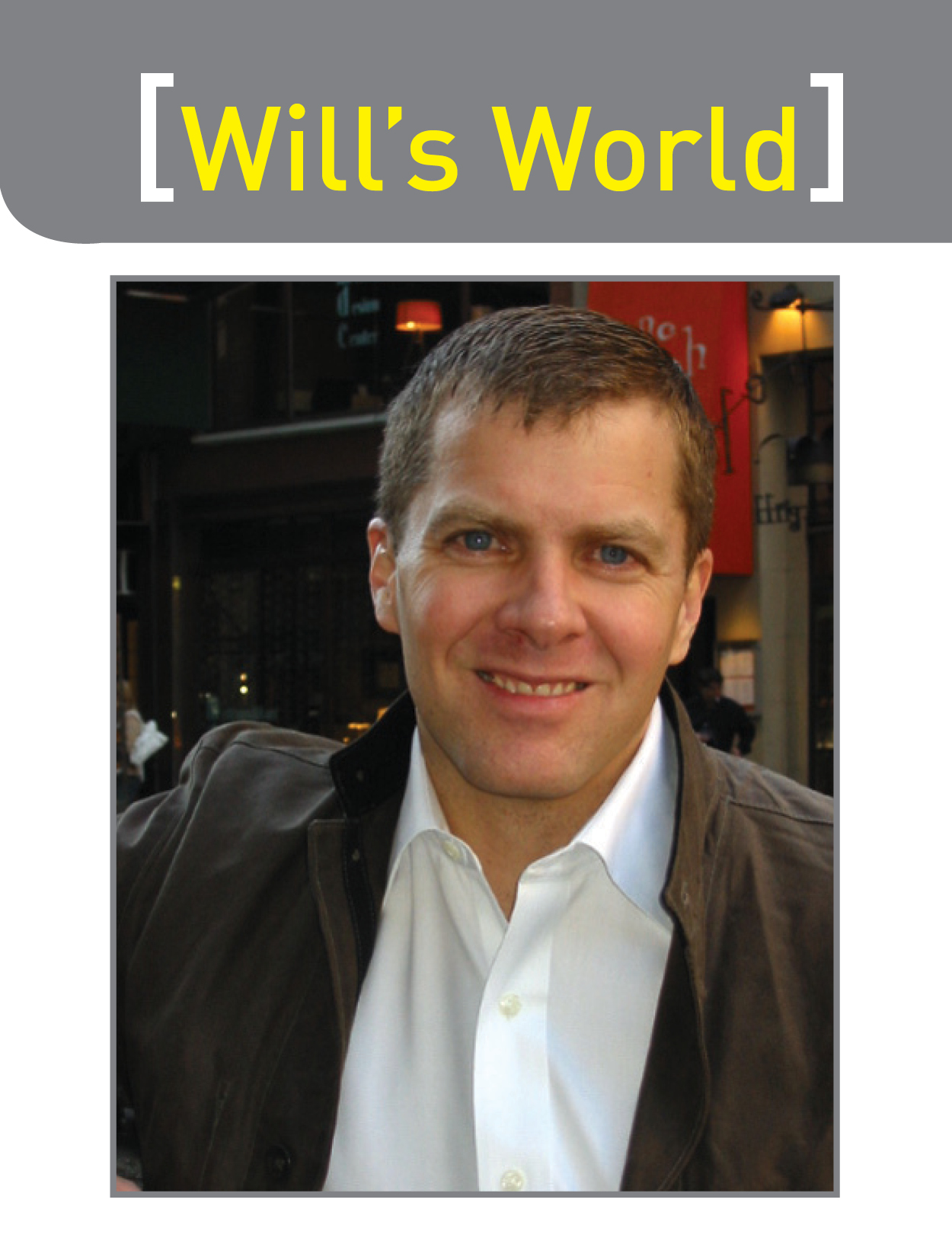By Will Carlin
On a cold October evening a number of years ago, I was on the phone with fellow squash player, Derrick Niederman. I was sitting in my apartment, and the light from the day was slowly ebbing away, leaving the apartment draped in the grey before total darkness. The faded colors of the room, however, weren’t matched by my mental picture: I was excited to be telling him about a tournament win the weekend before, and in my mind, the colors were vividly bright.
I arrived at the tournament filled with excitement. I had been pointing toward this tournament for months, and I already was thinking about the guy who was going to be seeded number one and what it would be like to play him in the finals. But when I got there, I found that not only was I not seeded number two, I was not seeded at all.
To make matters worse, I would be playing the number three seed in the quarterfinals and the number one seed in the semifinals—if I even got there. My plan for beating the number one seed had been largely contingent on fitness, and my hope that he would have had a tough match or two on the way to the finals, where I would slowly exhaust him. That plan was now out the window.
I recounted this all to Derrick with a sense of glee, however—my happiness a product of already knowing the end result: I had overcome the odds, beaten the number one seed in an exhausting semifinal (over two hours) and then held on to win the final despite starting to cramp in the third game.
I said to Derrick: “Of course, knowing that I won, I am happy that the road was so hard.” The key to that phrase were these four words: knowing that I won. While I was actually at the tournament, any sense of merriment was far away. In fact, I was annoyed, frustrated, and if I am really honest, slightly afraid.
Earlier this year, a few days after the men’s final of the Australian Open tennis tournament, where Rafael Nadal overcame Roger Federer in an incredibly dramatic match, I was reading a blog by L. Jon Wertheim of Sports Illustrated, and what he wrote has been running through my head for a number of months now. He wrote:
You could write a book on the Federer-Nadal rivalry. But I wonder if, at some level, it doesn’t boil down to this: Nadal relishes the relationship and having a nemesis against whom to match skill/will/mettle/wits. Federer hasn’t warmed to the concept.
Wow. Imagine that: relishing the battle. And more than that, relishing it while it is going on. Going into the final, the oddsmakers had favored Federer, if only because he had won his semifinal fairly easily in three sets two days before the final, while Nadal had been pushed to five long sets in a five-hour semifinal the day after Federer’s semi. Even Nadal, the pundits said, was not likely to be able to resuscitate himself in time for a tough match against Federer.
Before the final, however, you almost could see a glean in Nadal’s eye: now this is a challenge, it seemed to say.
I have the sense that if Nadal arrived at a tournament and found that, instead of being seeded number one or number two, he was seeded, say, fifth, he would love it. “Another good test,” I imagine him thinking.
Contrast this with something that Federer said way back in November: “I just don’t like the ring of it when I’m being introduced on Centre Court saying, ‘and this is the number two in the world,’” he said. “It just sounds wrong. Either I’m number one or I’m a Grand Slam champion, but I’m not number two.”
Federer, I think, loves being number one. He loves taking control of a match and getting to show his almost otherworldly tennis skills. He loves winning and everything that comes with it. He also loves having overcome challenges, to be sure, but when he is in the middle of a real confrontation, he can look pained, even nervous. Nadal, on the other hand, seems genuinely energized when someone raises his game and gives Nadal a great challenge—almost like he is watching it as a spectator and thinking, “now this is pretty exciting.”
At the heart of this, I think, is where a competitor chooses to focus both before and during the match: is it on the result (“I really want to win this match”) or on the process (“I really want to play well during a good test”)? This, of course, is the crux of my own internal battles: I often want to win so badly that my mind gets in the way of what my body already knows how to do.
I love Federer. As he has lost some ground to Nadal, I feel like I can identify with his emotions as he strives to compete and to win against a phenomenal opponent. I find myself hoping that he raises his game and reasserts himself so that his rivalry with Nadal becomes increasingly compelling as the years go along.
But as much as I love watching Roger and his amazing tennis artistry, I find myself wanting to change my own perspective on the game; I want to learn to love the battle while it is going on. I want to relish adversity and enjoy figuring out how to overcome it. And, now, I have someone that I not only root for, but whom I also want to emulate.
His friends call him Rafa.


